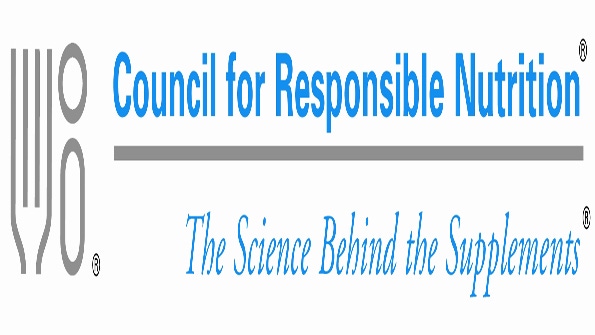CRN asks FDA to enforce the law
CRN urges FDA to take immediate enforcement action against companies illegally spiking Acacia rigidula products with the synthetic drug BMPEA.
April 6, 2015

In response to an article, “An amphetamine isomer whose efficacy and safety in humans has never been studied, β-methylphenylethylamine (BMPEA), is found in multiple dietary supplements,” published online in Drug Testing and Analysis, the Council for Responsible Nutrition (CRN), the leading trade association for the dietary supplement and functional food industry, issued the following statement:
Statement by Steve Mister, president and CEO, CRN:
“We share the concerns of Dr. Pieter Cohen and his study coauthors regarding BMPEA, an amphetamine isomer stimulant that should not be used in dietary supplement products because it is a synthetic drug-like substance, not a dietary ingredient.
“FDA first raised the issue of Acacia rigidula supplements adulterated with BMPEA in an article published by the agency in 2014 in the Journal of Pharmaceutical and Biomedical Analysis, noting that the amine compound is not found in the Acacia rigidula plant. Given FDA’s earlier findings combined with this new study by Dr. Cohen, we urge FDA to take immediate enforcement action against these adulterated products containing BMPEA and the companies illegally spiking these products with this synthetic drug. BMPEA does not appear to be a legitimate dietary ingredient, and therefore, its inclusion in a product labeled as a dietary supplement makes the product adulterated under the Dietary Supplement Health and Education Act (DSHEA).
“Under the law, the agency can demand a product recall for potential safety concerns. It can also declare these products misbranded because synthetic BMPEA was not listed on the labels, or proclaim they are adulterated for the simple fact that there has been no pre-market notification submitted for BMPEA as required by law. These legal options come with the ability for FDA to seek injunctive relief to remove the products from the market, as well as a range of civil and criminal penalties for those who intentionally introduce these products to consumers.
“Although Acacia rigidula supplements represent a very small portion of the dietary supplement industry—so small that we are not aware of specific sales data—FDA has the tools it needs under the law to take action before there are serious health consequences, and CRN is asking the agency to do just that.”

About the Author(s)
You May Also Like




